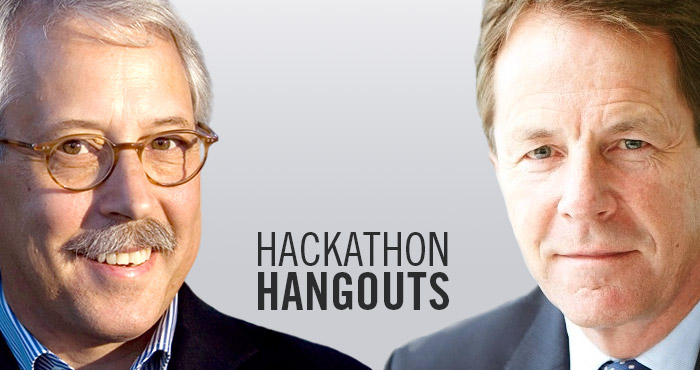
A series of on-line conversations on hacking HR to create an adaptability advantage
Session 1: HR as a catalyst for proactive change, with Peter Cheese and Gary Hamel
Is your organization changing as fast at the world around it?
Let’s face it: for most organizations, the answer is no. The ability to reconfigure the underlying business concept isn’t in the DNA of most companies. That’s because the broad majority of organizations operate according to industrial-era practices and principles designed to maximize standardization, specialization, predictability, and top-down authority. Yet, to survive (much less thrive) in an era marked by accelerating change and hyper-competition organizations must adopt a completely different set of management principles and practices.
At the center of so many of an organization's core processes—from talent development, review and compensation to organizational development to change management—HR has the chance to be a true catalyst for strategic adaptability. But where does any single HR organization or HR leader begin when it comes to changing how their organization changes? How can HR help to “hack” the company’s management model to spur adaptability?
Peter Cheese, Chief Executive of CIPD, and Gary Hamel, London Business School Professor and co-founder of the Management Innovation eXchange (MIX), recently participated in a one-hour conversation online—exclusive to registered members of the hackathon—on how to begin the journey to transform the HR function into a true catalyst for proactive change.
To view the most popular tweets from the hangout click here.









You need to register in order to submit a comment.